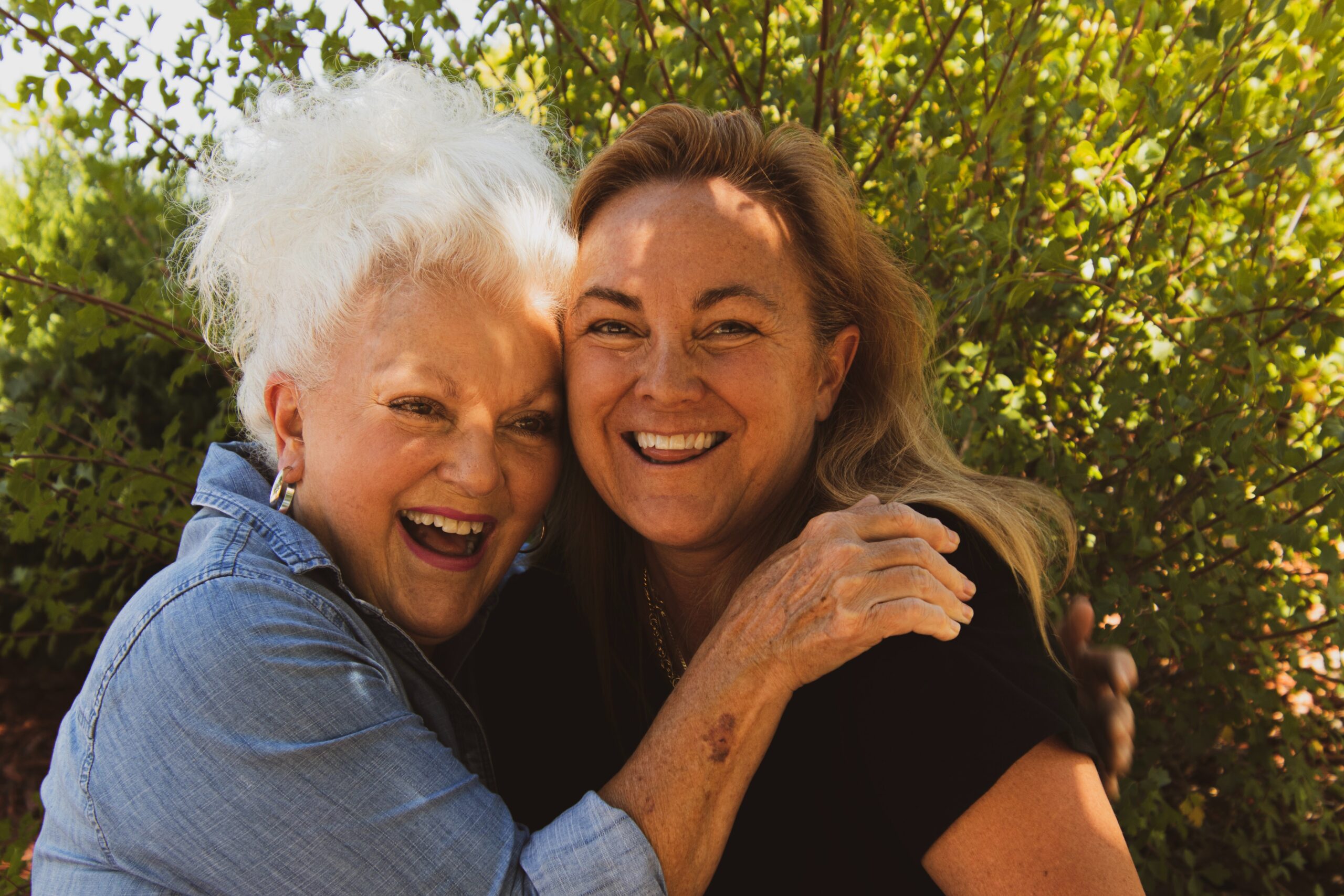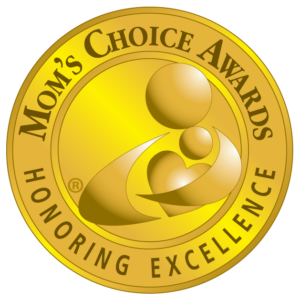
Published on:
While preparing for an upcoming webinar for caregivers, I was thinking about the word “mindset.”
It occurred to me that this word is a combination of two words: MIND-SET.
After that dawned on me, I considered something else that we “set.” When we set a clock, for example, we adjust the clock’s features to align with the present moment.
Aligning oneself with the present moment is certainly something caregivers must do.
But what does it mean to “set” your mind?
After mulling over that question, I concluded that your mind is “set” in such a way as to interpret and give meaning to experiences.
I consulted the Cambridge Dictionary, which defines mindset as “a person’s way of thinking and their opinions.”
Indeed, your mindset matters as a caregiver. It matters a lot. It’s among the most important tools at your disposal to effect positive change in your caregiving experience.
You see, some people adopt a fixed mindset. With a fixed mindset, you tend to interpret your ongoing experiences in a manner that aligns with predetermined ways of thinking. A fixed mindset is usually closed to new ideas, new ways of being, and new ways doing. Such a refusal to entertain new perspectives suggests that a fixed mindset is more oriented toward the past. People who have a fixed mindset can be inflexible and resistant to change.
In contrast, there are people who adhere to a growth mindset. With a growth mindset, you permit yourself to interpret ongoing experiences in fresh, new ways. A growth mindset is open to new ideas, different ways of being, and other ways of doing. People who have a growth mindset are adaptive and more willing to accept change. As a result, a growth mindset tends to emphasize the present and the future.
I mention these contrasting ways of thinking because you will be more effective as a caregiver if you deliberately approach caregiving with a growth mindset. It will allow you to be open to new ways of thinking and new methods of caring. A growth mindset will help you be more adaptive and able to change in accordance with your loved one’s emerging care requirements.
Of course, it’s natural to wish things were “the way they used to be” when your loved one was healthy. I’d point out that sometimes we become so ingrained in relationship patterns, and in ways of being, that we’re unaware of how fixed our minds can become in the long-established aspects of our lives. It’s so easy to take health and family and stability for granted when things are relatively smooth.
Caregiving changes that by rudely shaking up things we may have taken for granted. Previous ways of thinking may no longer neatly work as you struggle to provide the kind of care that properly addresses what is now happening to your loved one. A mandate for caregivers is letting go what of used to be in order to respond to what is.
Because what is can be unfamiliar and unprecedented, of necessity caregivers often have to revise their way of thinking about their actions, relationships, roles, usage of time, etc. Even tacit assumptions and personal values may be re-assessed in light of a caregiving situation.
For these reasons, caregivers benefit from assuming a mindset that is commensurate with the circumstances of their lives. A growth mindset will make it possible for you to learn from your caregiving experiences, make appropriate adjustments, and discover ways to improve life for your loved one and yourself. A growth mindset does not mean things will be easy, but it will make it possible for you to better fulfil your potential as a caregiver, family member, and human being.
Posted in Family Caregiving, Organizational Caregiving




